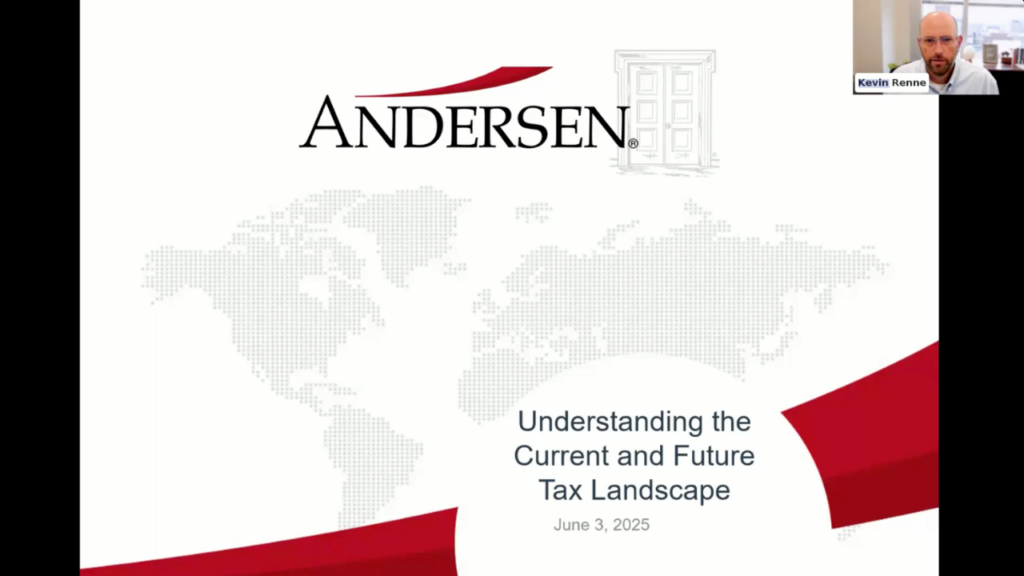What does “financial independence” mean to you? For many, this phrase may connote always making enough money to be able to afford the lifestyle they want. In other words, they equate financial independence with “making good money.”
But is that really the best definition? If you think about it, those who are truly wealthy do not depend on a paycheck for maintaining their desired lifestyle. While they certainly have income, the truly wealthy are typically not dependent on a single source of income, and they are certainly not dependent solely on their own efforts (i.e., a salary) to maintain their standard of living.
While the ability to pay for things can look like wealth—especially in our consumer culture—this is more indicative of the appearance of wealth than actual wealth. But what differentiates the appearance of wealth from the acquisition of real wealth is a change in focus. In fact, those who have built or are building real wealth share certain habits and ways of thinking that help them stay on track for long-term financial independence.
- The right frame of mind. Those who achieve true financial independence always have a plan that consists of clear goals, an understanding of the steps needed to achieve the goals, and a focus on completing each step. Wealthy persons also take a disciplined approach to their finances. Rather than going for instant gratification (a common attribute of those who focus on the appearance of wealth), they form the habit of staying focused on longer-term objectives. They tend to make more careful choices over time rather than following the latest trending fad that doesn’t fit with their established plan.
- The habit of saving. One of the iron-clad rules of wealth-building is “Spend less than you earn.” The majority of the truly wealthy make a habit of thrift and exercise discipline around their budget and subscribe to the habit of “paying themselves first.” A healthy savings account is perhaps the best way to assure yourself of an emergency fund, which is a vital protection against having to reach for a credit card when life’s inevitable unexpected expenses occur. But there’s also a point of caution here: while putting money away in savings is a crucial first step, it will not be enough to assure real wealth accumulation. The reason is that funds in a typical savings account will not earn enough interest to keep pace with inflation—much less outperform it—over the long haul. So, while socking away a part of your income in savings each month is a good idea, you’ll need to take some next steps in order to build wealth.
- Invest for long-term growth. All truly wealthy persons have a commitment to investing. They may have invested financial resources in a company as an entrepreneur, or they could have invested intellectual resources to develop a unique creative effort or visionary product. Most often, building wealth requires a combination of both of the above types of resources, along with the resolve to see the effort through to completion. And this is the point where an experienced, professional financial advisor can become a valuable member of the wealth-building team.
- Income independent of personal effort. At some point, the truly wealthy develop an income stream that does not depend on their direct involvement (i.e., a salary). Those who are wealthy do not live from paycheck to paycheck. Because they have put their money to work to create and build assets that can generate income, they are less dependent on any single source of revenue. This could include passive income from real estate, dividends, interest, and capital gains from stocks, bonds, and mutual funds. Those with true wealth have built an asset base that can sustain itself over time. In fact, such a source of wealth may also form the basis for a financial legacy that can outlive the original owner and provide for future generations.
- Be disciplined with debt. The chief hurdle most of us face on the way to financial security is debt—or, perhaps more accurately, too much of the wrong kind of debt. Certain types of debt can actually help you—if they allow you to control an asset that can increase in value faster than the increase in the debt. But other types of debt—especially credit cards—while they can give you the ability to acquire the appearance of wealth, also sap your cash flow and limit your ability to make more advantageous choices about your money. Those who are truly wealthy are judicious in their use of debt, and most avoid it whenever possible.
- Tax discipline. The truly wealthy make very few financial decisions without considering the tax consequences. They know that taxation can be a major drag on their wealth-building progress. They take into careful consideration matters like capital gains from selling successful investments, income taxes on wages, estate taxes on transfers of wealth to the next generation, and all the other ways in which taxes can affect their wealth. They utilize tax-efficient strategies when they invest, when they sell, and in all their strategic planning.
One of the most helpful things anyone can do if they want to adopt a frame of mind for wealth-building is obtain the services of a qualified, professional, fiduciary financial planner and wealth manager. At JFS Wealth Advisors, we understand the time-tested principles of wealth-building. Coupling that knowledge with a thorough understanding of each client’s goals, resources, and values allows us to develop customized plans for wealth-building that can lead to long-term financial independence.
To learn more about our fiduciary commitment and what it can mean for you, please visit our website to read our article, “What Is a Fiduciary Advisor, and Why Does It Matter?”



















